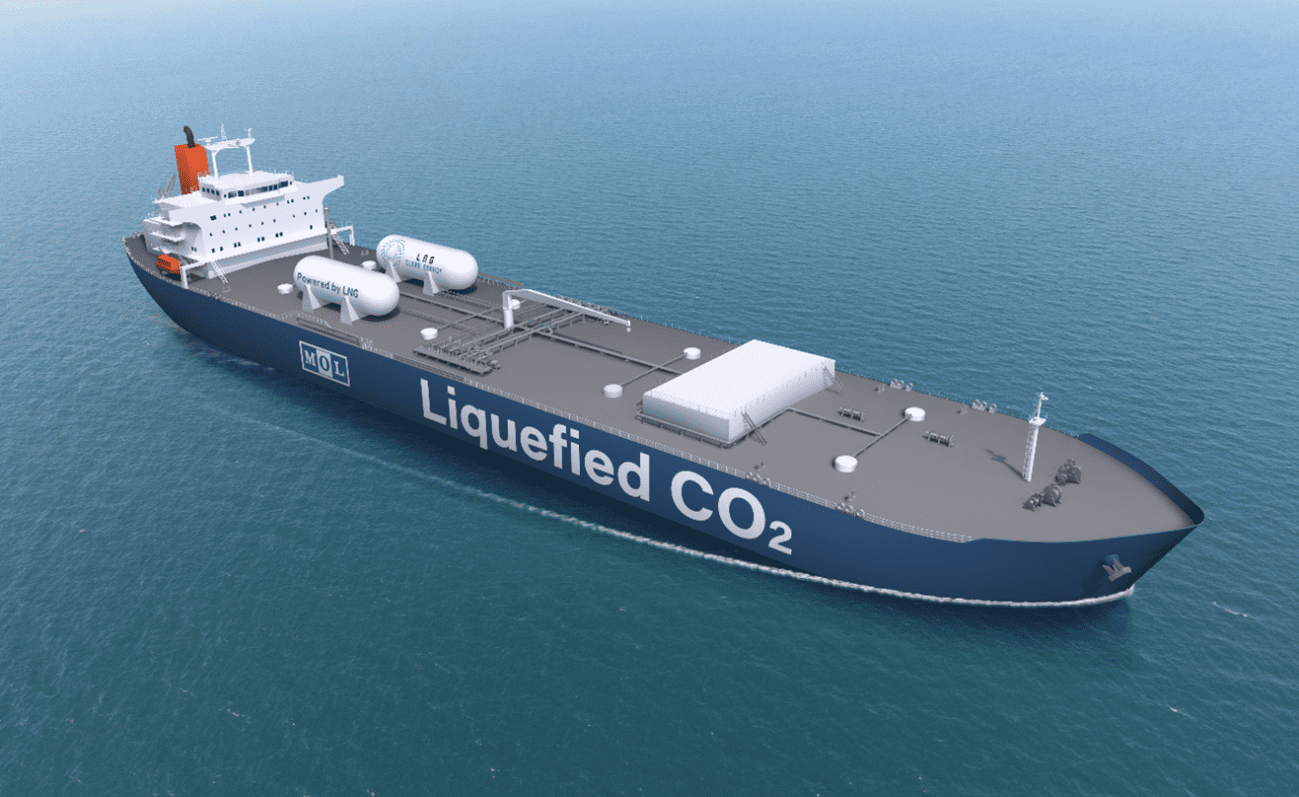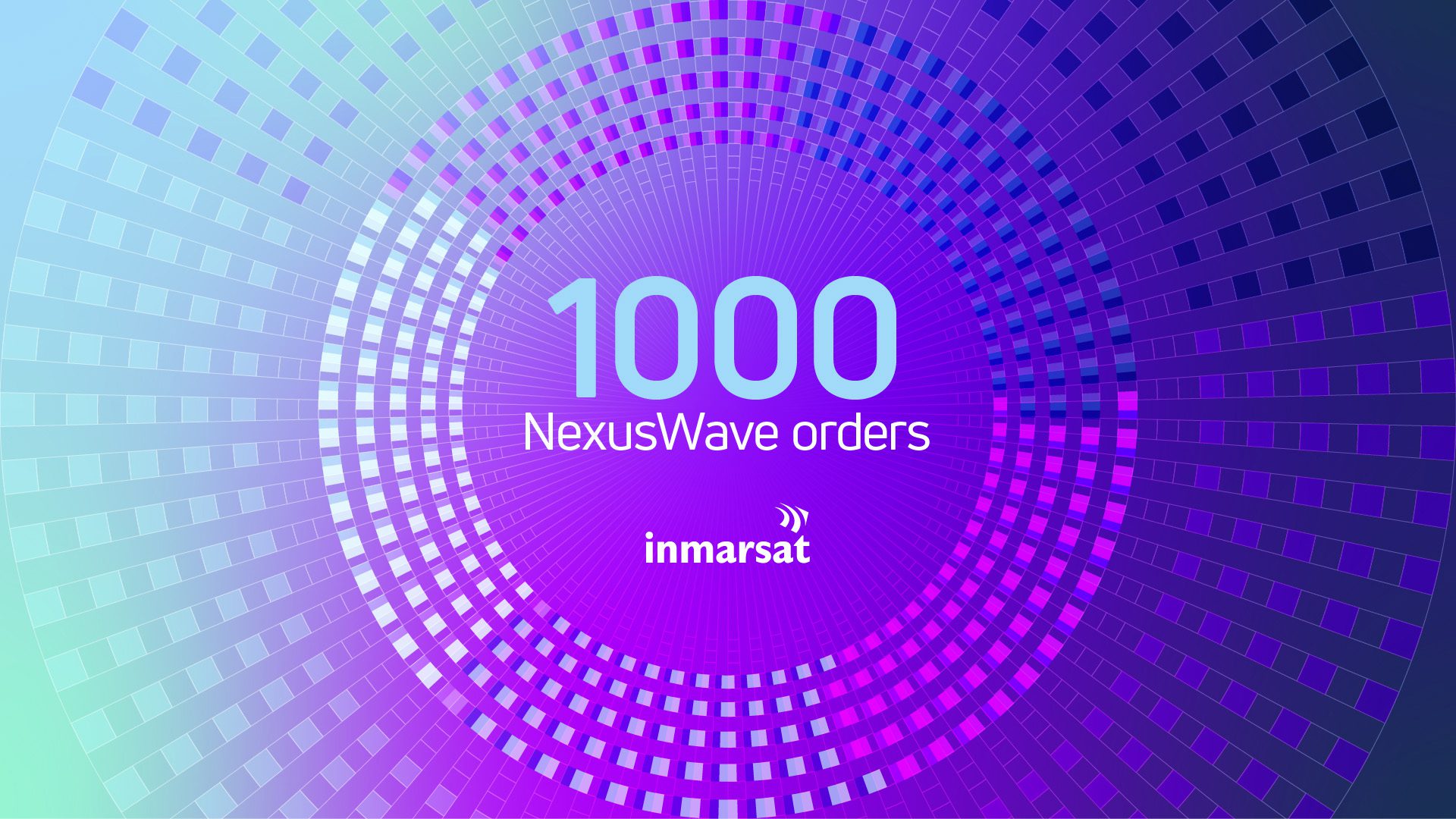ClassNK has issued an Approval in Principle (AiP) for design of a large-scale liquefied carbon dioxide (CO2) carrier developed through Research and Development Project from NEDO by Mitsui O.S.K. Lines, Ltd. (MOL).
MOL has launched research and development (R&D) on the adoption of a large-scale liquefied CO2 carrier in response to a call for proposals by Japan’s New Energy and Industrial Technology Development Organization (NEDO) to complete the conceptual design, under a project entrusted by NEDO to Japan CCS Co., Ltd. (JCCS). The vessel design is one element of NEDO’s “CCUS R&D and Demonstration Related Project/Large-scale CCUS Demonstration Project in Tomakomai/Demonstration Project on CO2 Transportation”. The large-scale liquefied CO2 carrier developed by MOL is intended as a practical solution to the need for long-distance transport of CO2 on a scale of 1 million tons a year, based on NEDO’s vision to implement CCUS technology by 2030.
ClassNK carried out the design review of the LCO2 carrier developed by MOL based on its Part N of Rules for the Survey and Construction of Steel Ships incorporating the IGC Code. Upon confirming the conformity to the relevant rules, ClassNK issued the AiP for the design concept of the said carrier.
ClassNK will actively continue to take part in advanced initiatives toward decarbonization and also support decarbonization of the entire maritime industry by incorporating the knowledge gained through collaboration with front runners into rules and guidelines.
Approval in Principle (AiP):
At the initial stage of designing or before the specific target ship to be implemented is decided, the design is examined based on the existing regulations such as international conventions and ship classification rules, and an Approval in Principle (AiP) is issued as proof of conformity with requirements. It also prevents rework of regulatory aspects in the post-process, shortens the examination time at the time of class registration, and can be used as a technical basis for external appeal of the design status.
Tags:

 Join The Club
Join The Club











